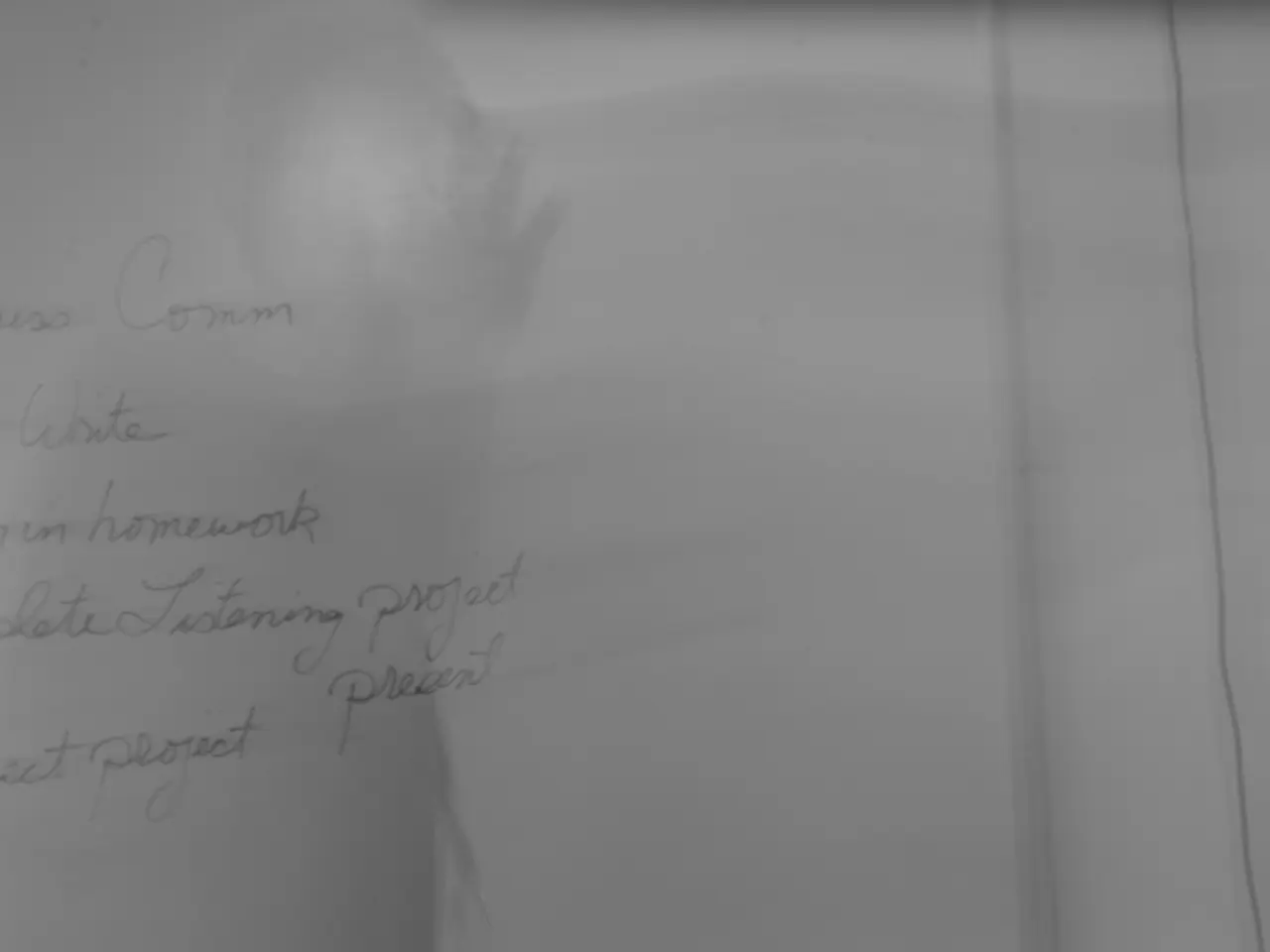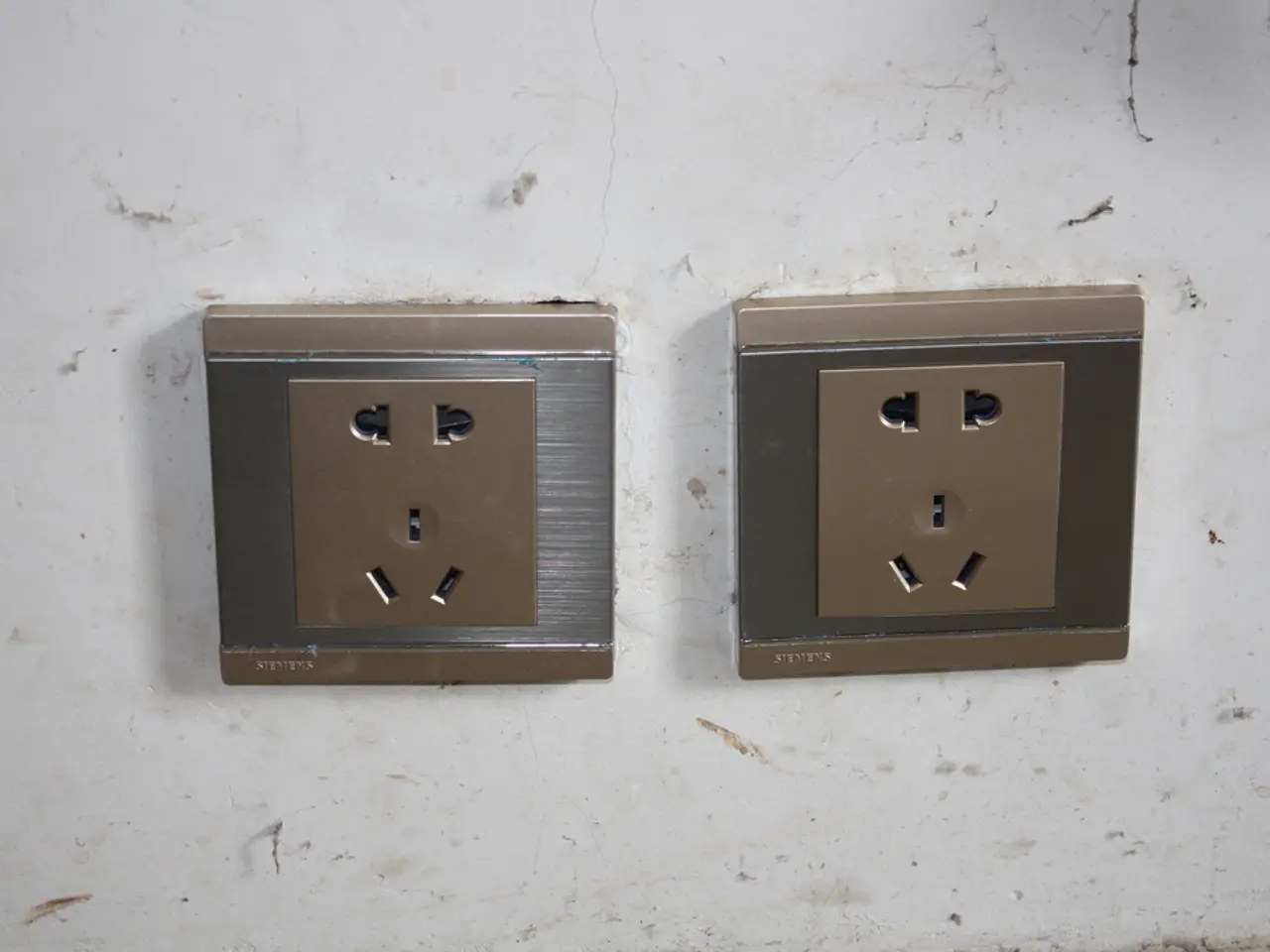Trump's trade tactics face a legal challenge: A significant court case may redefine his tariff policies
The upcoming ruling by the United States Court of Appeals for the Federal Circuit on President Trump's use of the International Emergency Economic Powers Act (IEEPA) to impose tariffs could have significant implications for U.S. trade policy and presidential authority over economic sanctions.
The court is currently deciding whether Trump had the legal authority under IEEPA to impose broad 10% tariffs on imports from many countries as an emergency measure to address the U.S. trade deficit. If the appeals court upholds the lower court ruling that Trump lacked such authority, it would restrict the president's ability to unilaterally impose tariffs using emergency powers, potentially setting a precedent narrowing executive power in trade matters.
On the other hand, if the appeals court sides with Trump, it would validate his characterization of the trade deficit as an "emergency" justifying such tariffs. This would bolster executive power to use IEEPA for economic policy and allow similar tariffs as leverage in trade negotiations and to punish foreign governments in the future.
The court has expressed skepticism about whether the trade deficit meets IEEPA's criteria of an "unusual or extraordinary threat" and an "emergency," both legally required to justify Trump’s tariffs. This suggests that the ruling is likely to be closely contested and could be appealed to the Supreme Court for a final decision.
In May, the US Court of International Trade sided with the states and businesses, ruling against Trump's tariffs. The federal appeals court is scheduled to hear oral arguments on an appeal challenging President Trump's use of emergency economic powers to impose tariffs on various countries' exports.
President Trump has used several sections of trade laws to impose tariffs during his tenure. Section 232 of the Trade Expansion Act of 1962 gives the president the authority to impose higher tariffs on national security grounds and requires an investigation before tariffs can be imposed. Trump has used this section to impose a 50% tariff on copper and a 10% universal tariff on most countries' exports since April.
During his first term, Trump used Section 301 of the Trade Act of 1974 to hike tariffs on several Chinese imports, along with aircraft and other European Union goods. However, these tariffs aren't part of the current legal challenge.
The decision of the federal appeals court could significantly reshape Trump's trade strategy, but it won't prevent him from imposing higher tariffs altogether. Economists at JPMorgan believe that the legal status of the trade deals could come into question if the IEEPA is deemed inadmissible. However, the Trump administration likely believes they can find other legal avenues to back those trade agreements, even if they lose the IEEPA fight in court.
Brent Skorup, a legal fellow at the Cato Institute, expressed concern that reopening trade talks could provoke the administration. Even trading partners that have reached trade agreements with Trump, including the European Union and Japan, are set to face higher tariffs compared to rates since April.
In summary, the ruling will clarify the limits of presidential authority under IEEPA for economic sanctions and tariffs, with broad consequences for U.S. trade policy, executive power, and international negotiations depending on how the court resolves the statutory interpretation of "emergency" and "threat."
The upcoming decision by the federal appeals court on President Trump's use of IEEPA could establish a significant precedent in U.S. policy-and-legislation, potentially narrowing executive power in trade matters if the court rules against Trump. Conversely, if the court upholds Trump's authority, it could strengthen the presidential powers over economic sanctions and tariffs, shaping the future of politics in general-news.





